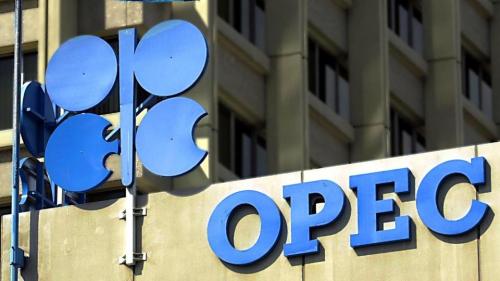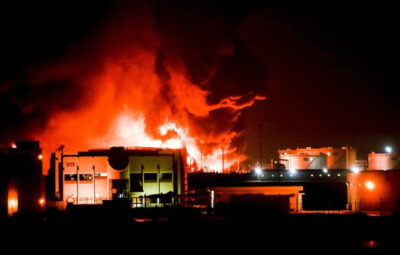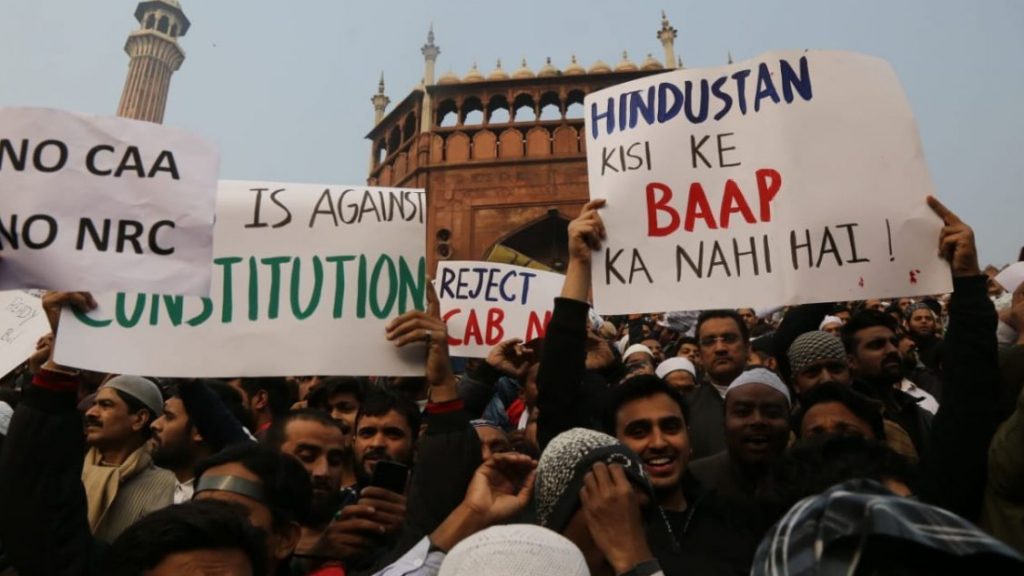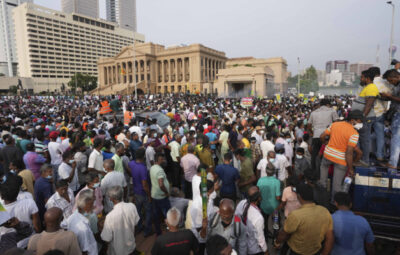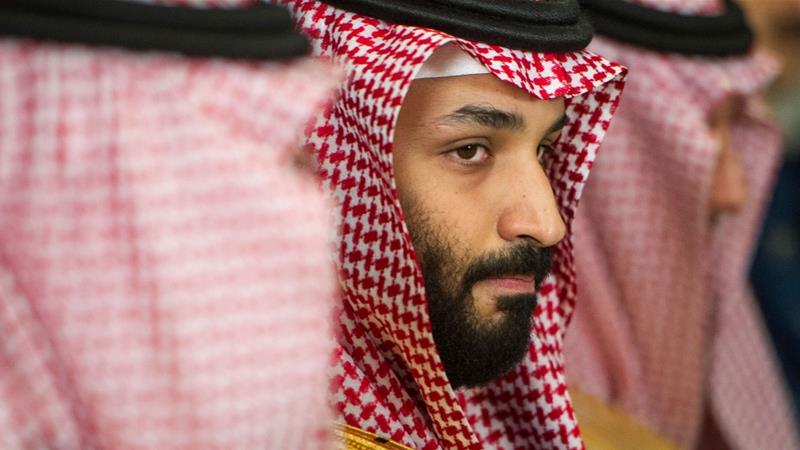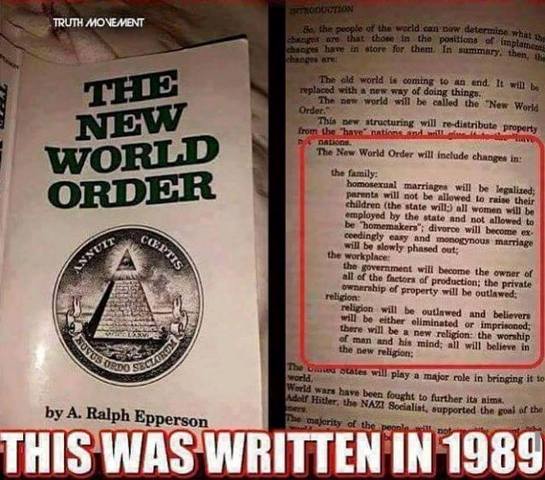OPEC, Russia Talks Failed: Nigeria’s Economy Tensed As Oil Prices Tumble. Oil prices slumped Friday after the Organisation of Petroleum Exporting Countries (OPEC) and its allies failed to reach a deal on oil production cuts.
The decision followed Russia’s refusal to tighten supply to counter the effects of the coronavirus outbreak on oil prices and the global economy.
PREMIUM TIMES reported how the Organisation of Petroleum Exporting Countries (OPEC) resolved on Thursday to cut crude oil production from its members by a combined volume of about 1.5 million barrels per day.
The cut, which is about 1.5 percent of global crude oil supplies of over 300 million barrels per day, was approved during the crucial 178th (Extraordinary) meeting of the OPEC Conference in Vienna, Austria.
The decision is expected to be in force till next June 30, subject to a review depending on changing conditions in the international oil market.
The OPEC said the burden of the cut would be shared with non-OPEC allies, led by Russia.
On Friday, Moscow torpedoed an attempt by the big oil producers to cut output and stabilize the market. Consequently, the oil cartel’s two-day meeting in Vienna ended with no new agreement, sending crude prices into a freefall.
Stalemate
Russian Energy Minister Alexander Novak on Friday told reporters in Vienna that the talks between OPEC and his OPEC+ grouping had failed to bring about a deal, AFP reported.
“Regarding cuts in production, given today’s decision, from April 1, no one — neither OPEC countries nor OPEC+ countries — are obliged to lower production,” he said.
OPEC’s Secretary-General Mohammed Barkindo said the meeting had been adjourned, although consultations would continue.
“At the end of the day, it was the general, painful decision of the joint conference to adjourn the meeting,” he explained.
“We have some few knotty issues, but the norm is here to have everybody on board, unanimity.”
Prior to the meeting’s official start, ministers from Saudi Arabia, the world’s number three oil producer, and Russia, the number two, had huddled for hours of bilateral discussions.
But soon as news of a “no-deal” began to seep out, oil prices plunged more than seven percent, with Brent North Sea crude tumbling to $46.14 per barrel and WTI to $42.26.
Virtu Financial founder Vincent Viola told CNBC on Friday that he believes oil will test the $35 level again, which not adjusting for inflation is more like $28 to $32. In turn, this will pressure many American producers—and others from across the world.
“The exploration and production patch is going to go through dislocation and you’re going to see a lot of bankruptcies and replacement and quite frankly restructuring of the domestic oil market,” he said.
Corona Virus
Oil prices have tumbled into bear market territory since the coronavirus outbreak led to softer demand, especially in China. Stakeholders expected OPEC to step in, in a bid to prop up prices.
The oil cartel and its allies have since early 2017 tried to support prices through cuts on production, initially of the order of 1.2 million barrels per day.
In December, they announced a further 500,000 barrel cut with Saudi Arabia adding a “voluntary” contribution of 400,000 barrels.
OPEC wanted the new proposed cuts to run until the end of 2020, but Moscow foot-dragged and prices tumbled.
Nigeria’s worrisome budget projection
As at 11:18 Friday night, PREMIUM TIMES’ checks revealed that Brent crude sold at $45.54 while Nigeria’s Bonny light sold at $51.94, according to details on oil data site.
Again, the stumbling prices fall short of Nigeria’s projected oil revenue benchmark of $57 per barrel, with a potential negative impact on the nation’s estimated revenue for the fiscal year.
In its 2020 budget, Nigeria pegged oil production at 2.18m barrel per day, with a price benchmark of $57 per barrel. But in recent weeks, the impact of coronavirus has sent prices tumbling, crashing at $51 per barrel. On Friday, prices crashed further.
Earlier in the week, Nigeria’s Minister of Finance, Budget and National Planning, Zainab Ahmed, had said that the outbreak of Covid-19 (coronavirus) negatively impacted Nigeria’s oil revenue. She also announced that a mid-term review of the 2020 budget will be carried to reflect the realities on ground.
Mrs Ahmed, however, revealed that the oil nation’s oil production had increased between two million barrels and 2.1 million barrels per day.
“We are concerned in the current drop in oil price because it’s now below our budget,” she noted. “I am glad to inform you that our oil production as at today is two million barrel per day and at times slightly higher. That in its self will be a cushioning effect for us in the current oil price.
“We will do a mid-term review, and if the impact is so much, we will need to do an adjustment in the budget working together with the National Assembly.”
On Friday, Ben Akabueze, Director General of Budget, Budget Office, noted that there was no need for Nigerians to panic in the midst of the challenge.
Speaking on a Channels Television program Friday morning, Mr Akabueze admitted that the effect of the virus on oil prices calls for concern but should not drive Nigerians into apprehension as measures will be put in place to address the concerns. He also reiterated the government’s claim that the 2020 budget will be reviewed in tune with prevailing economic realities and falling oil prices.

